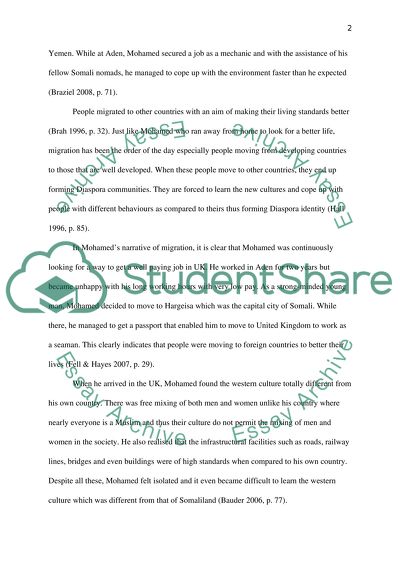Cite this document
(“A Theoretical Analysis of the Narrative of Migration Essay”, n.d.)
A Theoretical Analysis of the Narrative of Migration Essay. Retrieved from https://studentshare.org/history/1444180-a-theoretical-analysis-of-the-narrative-of
A Theoretical Analysis of the Narrative of Migration Essay. Retrieved from https://studentshare.org/history/1444180-a-theoretical-analysis-of-the-narrative-of
(A Theoretical Analysis of the Narrative of Migration Essay)
A Theoretical Analysis of the Narrative of Migration Essay. https://studentshare.org/history/1444180-a-theoretical-analysis-of-the-narrative-of.
A Theoretical Analysis of the Narrative of Migration Essay. https://studentshare.org/history/1444180-a-theoretical-analysis-of-the-narrative-of.
“A Theoretical Analysis of the Narrative of Migration Essay”, n.d. https://studentshare.org/history/1444180-a-theoretical-analysis-of-the-narrative-of.


